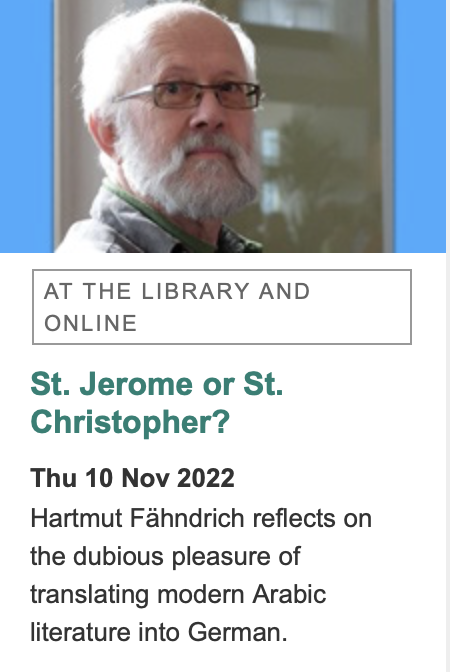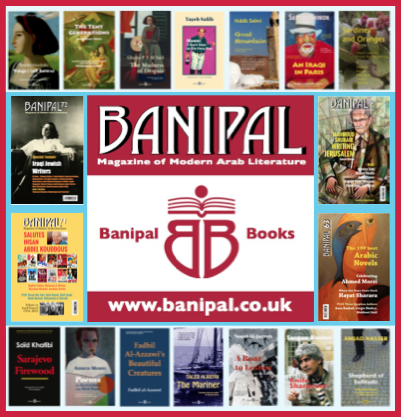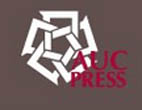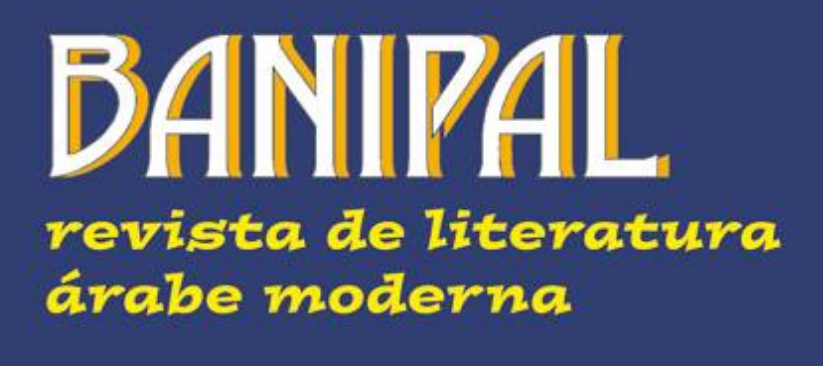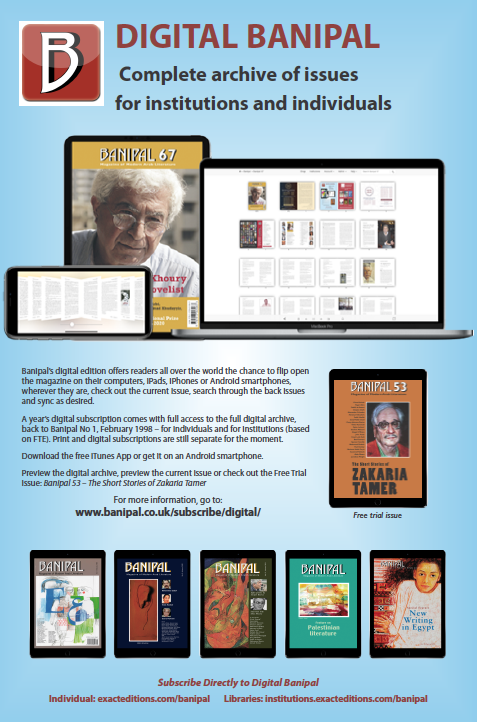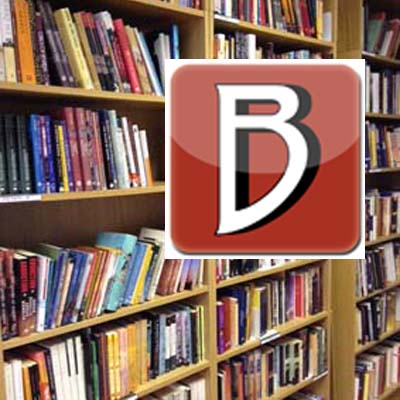In 2008, Banipal celebrated 10 years of continuous publication. The Lebanese poet and cultural editor of As-Safir newspaper in Beirut, Abbas Beydoun, wrote an amazing article in As-Safir about Banipal, which was translated into English and published in the special tabloid newspaper Celebrating Arabic Fiction that Banipal produced for the 2008 London Book Fair with the Arab World as the Market Focus, in partnership with the Fair and the British Council. We are pleased to make available as a downloadable PDF.
TEN years ago, Margaret Obank
and Samuel Shimon embarked on an adventure of establishing an English magazine
for Arabic literature. They must have doubtlessly needed large doses of
optimism and risk – and even of madness – to do that. Banipal for us was always
a project spurred by a moment and we all expected it, of course with a measure
of anxiety, to cease publication. It was naturally the daughter of ambition,
hard work, and perseverance; but it remained also the daughter of risk without
guarantees. . . .
Download the PDF of the whole article Ten Years of Banipal by Abbas Beydoun here
* * *
In October 2004, to celebrate publishing 21 issues of Banipal, we invited friends, literary translators, authors, professors and journalists to share with readers their thoughts on the achievements of the magazine and its role in developing dialogue and exchange between cultures
In the wake of the events of September 2001 and the disastrous turn in inter-cultural (mis)understanding that has been their consequence, the role played by the magazine Banipal becomes absolutely vital. Under the inspirational editorship of Margaret Obank, the magazine had already been serving for some years as an important venue for the publication of translated works of modern Arabic literature (an arena in which works available in English lag far, far behind that of other European languages), but in 2004 the need to project the realities of Arab culture and the sensitivities of its peoples becomes more essential than ever.
Roger Allen
Professor of Arabic Language and Literature, University of Pennsylvania, literary translator
No other Western journal dealing with the Arab world has contributed as much as Banipal toward a wider appreciation of modern Arabic literature. Within a short period, it has succeeded in making available to its readers countless Arabic works in English translation (poems, short stories, extracts of novels, and autobiographical texts). What is most noteworthy and remarkable is Banipal’s demonstrated ability to ensure a broad representation not only of major trends, different genres, different generations or orientations of Arab writers, and different countries, but also of the numerous Arab and Western scholars and translators committed to the promotion of modern Arabic literature beyond its national borders.
Salih J. Altoma
Professor Emeritus of Arabic and Comparative Literature, Indiana University
What Banipal has achieved for Arab literature and culture in its 21 issues is more important than all the work of all the Arab ministries of culture, which have almost completely failed to do anything for Arab culture. Banipal has enabled the English reader not only to read the works of Arab writers, but also to discover the real craft of modern Arab literature. We have only one real minister for Arab culture: Margaret Obank.
Fadhil al-Azzawi
Iraqi poet, novelist, literary translator
I have never regretted not knowing English as I have regretted it after Banipal appeared. Had I known English, I would have been the best assistant to Margaret and Samuel. Banipal is a cultural event in the full sense of these words. The fact that a magazine exists to serve modern Arabic literature is unprecedented, even in the Arab world itself where there is no magazine that deals, as Banipal does, with modern Arabic literature. In this sense, Banipal is the best current encyclopaedia of this literature: its texts, its photographs and its accounts about authors are a whole library in themselves. An effort like this will never be lost. I have no doubt that, by its insistence and sincerity, Banipal will open a window on Arabic literature for the West; and I am sure that it has created a fundamental platform for dialogue and exchange. More important are the love and devotion which the English woman Margaret and the Iraqi man Samuel have together given Arabic literature, with unlimited confidence, sometimes beyond what is possible.
Abbas Beydhoun
Poet, Cultural Editor As-Safir newspaper, Beirut
Margaret Obank’s enthusiasm for modern Arabic literature, so eloquently expressed in her editorial introduction to the first issue of Banipal in 1998, has not abated since. Thanks to her devotion, her clearly defined policy and her indefatigable efforts, Banipal, through concise essays, illuminating interviews and competent translations of poetry and prose, has introduced the English reading public to several aspects of contemporary literature from the whole of the Arab world. A remarkable achievement.
Dr Mohammad M Badawi
Emeritus Fellow, St Anthony’s College, University of Oxford
Banipal is the magazine of the modern creative Arab adventure. It is today our purest voice in a world that is increasingly moving towards ruin. The texts and the names which it presents to the English reader transport us to a variety of spaces that open up the present horizon while, at the same time, they do not give up their creative Arab heritage. Through its work, Banipal reveals a spirit bent on discovering the Arab writers of modernist tendencies in the Mashreq (the Arab East) and the Maghreb (the Arab West), who do not willingly surrender their freedom to write and move to other parts of the earth. By this, it has become the road that we take to listen to an Arabic literature that is indeed part of the world.
Mohammed Bennis
Poet, founder of House of Poetry of Morocco
There is nothing better than Arabic literature to give insight into the culture and very soul of the Arabs. Since 1998 Banipal has taken upon itself the task of conveying this insight through English translations to the modern world, hungry for a deeper understanding of the Arabs. It has thus contributed phenomenally to satisfying this need, promoting dialogue between cultures, and enhancing prospects of peace among nations. I am privileged to be able to support Banipal and I wish it the best in the years to come.
Dr Issa J Boullata
Author, literary critic and translator
Since 1960 years two people made outstanding contributions in bringing contemporary Arabic literature to the English language reading public – Denys Johnson-Davies and Salma Khadra Jayyusi. Since 1998 a third name can be added – Margaret Obank, who launched Banipal that year and has since edited it with skill and originality. Banipal is reader-friendly, with photographs, interviews, news items as well as translations of all kinds from all parts of the Arab world. Banipal has kept its independence. The criterion for publication is quality and relevance and not influence. As a window into the modern Middle East Banipal is needed today as never before.
Dr Peter Clark
Literary translator, Middle East Cultural Affairs consultant
Banipal provides an alternative and imperative narrative that reflects the honest spirit of Arab culture, which is essential in the wake of September 11, 2001. I wish Banipal was available in US during these troubled times.
Ram Devineni
Founder & publisher, Rattapallax
Perhaps Banipal represents an unprecedented cultural case for building a cultural bridge between Arab creative writers and the European reader interested in Arab culture. It does its work seriously, away from improvisation; it selects Arab writers who deserve to be known, and it selects the best of their texts, be it a novel, a poem, or a short story. In addition, it is extremely careful to publish sound translations, as though it were engaged in an open dialogue between the Arabic language and English. In all this, Banipal achieves, without any fanfare, a fruitful meeting between various cultures as much as it gives a moral lesson in defending the meaning of culture.
Faisal Darraj
Literary Critic
In spite of the historical relationships between Great Britain and the Arab world, the remaining essence of which being cultural in reality, Great Britain – among the countries of Europe – is the least interested in Arab culture and its contemporary creative activities. That is why the appearance of Banipal has come at exactly the right time in the most suitable circumstances. By its heroic continued publication, it has taken upon itself the task of making contemporary Arabic literature known. Banipal is the only publication that makes this effort in all the Western world, not only in Great Britain. And because it appears in London, a location from which it is possible to see the Arab world in its totality and is not subject to local Arab sensitivities, it is able to present a precise image of Arab culture. Despite the fact that Banipal appears in English, it is an important source to the Arabs themselves because of its comprehensive view and precise follow-up. This important cultural platform is the product of an indefatigable effort and a sincere endeavour undertaken on personal initiative, an initiative which has achieved what the ministries of Arab culture and the Arab institutions working in this field have, together, not been able to achieve. Banipal really deserves moral and material support.
Gamal el-Ghitani
Author, Editor, Akhbar al-Adab, Cairo
In the last six years, Margaret Obank and Samuel Shimon have created a journal which creates an ongoing conversation between contemporary Arab writers of widely varied national origins -- writing in Arabic, French and English, translated into English when necessary – among themselves, and with a wider English-language audience. In the pages of Banipal, work by the few Arab writers already familiar to some Anglophone readers, like Saadi Youssef, Adonis and Mahmoud Darwish can be found alongside that of poets and novelists from Iraq, Algeria, Saudi Arabia, Lebanon, Palestine, Egypt, whose names are as new to those readers as their literary techniques and cultural/political points of view. Banipal provides an invaluable introduction for the English reader to the varied and unique literatures of the Middle East and the Maghreb which can be found in no other English-language literary magazine.
Marilyn Hacker
Poet, literary translator
Banipal is almost my chief source of information about current Arabic writing and cultural events. Without Banipal I would be much less well-read. Its past issues constitute an incomparable archive.
Robert Irwin
Author and journalist
From its very first number, in February 1998, this great magazine of Arab literature in English has enthralled and educated me. The editors, Margaret Obank and Samuel Shimon, opened up a whole new world of contemporary Arab prose and poetry for English readers. I was excited by the passionate voices of so many brilliantly gifted authors, most of whom I had never heard of before. The native voices of these men and women were a revelation to me: I had never heard poetry and prose of such splendour and translated to such perfection. It was an honour for me to be invited to contribute translations and reviews for each issue. So I made new friends among these writers, and they educated me as I studied and translated their unique voices. Banipal is a treasure-house of beauty and has generously given me literary experiences that have become part of my being and my work. It is more than a fine literary magazine – it is an enlightenment to the soul.
James Kirkup
Poet, playwright, literary translator
From issue No 1, Spring 1998 till issue No 20 Spring 2004, we have all been getting older, but Banipal has been getting younger and prettier. Why would a English citizen would be interested in the subject of Arabic literature? Such an answer to Hamlet’s question was found by Margaret Obank in establishing a magazine for translating modern literature from the Arab world into English. Her decision was to be, in fact, to be honest and loyal to the dream of her youth, and to create a bridge between the East and the West. East meets West from a small office in west London.
Raouf Moussad-Basta
Egyptian author
Banipal believes in the worthiness of contemporary Arab writing. It has offered a fair number of Arab writers a presence in the English-speaking world, and has patiently created a serious audience for the Arab literary experience. As a visionary enterprise, it preceded the current wave of interest in Arab writers, and it will certainly outlive it.
Shakir Mustafa
Assistant Professor of Arabic
Department of Modern Foreign Languages and Literatures, Boston University
We are rightly proud of the literature of these islands; it has travelled and transformed the reading world. However, we live at a time when the need to probe and understand other cultures and other peoples has rarely been more urgent. Banipal enables us to tune into literary signals from the Arab world. It is an enlightened and enlightening enterprise, one that allows us to inhabit 'the spaces of hope’.
Gary McKeone
Literature Director, Arts Council England
Having worked for two decades to promote Arab writing in German translation by means of our journal Literatur Nachrichten and by organizing more than one hundred translation grants for good books from the Arab world, I am paying my tribute to Banipal, a magazine which has achieved, in the promotion of Arab contemporary writing to those who do not read Arabic, what I have always dreamt of achieving for Germany. Many Happy Returns.
Peter Ripken
Society for the Promotion of African, Asian and Latin American Literature, Frankfurt-am-Main, Germany
After having (un)covered many Arab homelands, both imagined and real, both in the Arab region and outside, Banipal has become a beautiful library and a bibliographic gold mine for anyone interested in modern Arab writing. Now I (we) only wish for a feature on contemporary Egyptian literature. Does Egypt hide the mother ore that whispers, perhaps? There is certainly still more digging for the editors to do, after golden Arab, heavy and not so heavy, metal.
Tetz Rooke
Assistant Professor of Arabic Literature, literary translator, Sweden
Modern Arab literature that reaches English-language readers is minimal compared to literature from other nations. This defect is remedied to a great extent by the London-based magazine Banipal, which, since its establishment in 1998 by Margaret Obank, has introduced tens of Arab writers, poets and critics and has become a solid bridge connecting English readers to modern Arab literature.
Mahdi Issa al-Saqr
Iraqi novelist, Baghdad
Banipal makes us ask why journals should be limited to the canonical in order to be counted as avant-garde. So many writers have found in Banipal a new haven for their talents. Banipal has succeeded in making the unknowable otherwise and calling into question the authenticity of the canonical as the sole means of expression. Good luck for further success.
Mohammad Shaheen
Professor of English, University of Jordan, Amman
Paradoxically enough, Banipal has been for this reader the best contemporary Arabic magazine, which happens to be published in English. It’s hard to imagine so many literary voices from all around the Arab world being assembled together, while engaging each other, somewhere else. If nothing else, Banipal has given modern Arabic literature, for almost seven years now, a new voice and a compelling presence within the English language. It has also proven that nothing is lost in translation.
Anton Shammas
Author, Professor of Modern Middle East Literature and Comparative Literature, University of Michigan
As an academic working in the field of modern Arabic literature, I am very conscious of the need to engage with a wider audience by bringing the writers of the Arab world to the attention of Western readers outside the university environment. Banipal has already made a unique contribution to this endeavour and there are exciting plans for its further development. I wish it every success in the future.
Paul Starkey
Head of Department of Arabic, Faculty of Modern Languages, University of Durham, literary translator
For the many of us who know little of Arabic literature and culture, Banipal is enormously stimulating and exciting. To be in touch with such writing and such a culture through the pages of Banipal is wonderful: it is a source of great pleasure.
Jane Spender
Administrative Director, International PEN
It has been a pleasure to follow the progress of Banipal from its days as an embryonic project in the minds of Margaret Obank and Samuel Shimon seven years ago to a magazine that has established a worldwide reputation as a “must read” for anyone interested in contemporary Arabic literature. Banipal has introduced me to hundreds of Arab writers whose work I would never otherwise have had the opportunity to read, as well as to their translators and to the artists whose works adorn its covers.
Susannah Tarbush
Freelance journalist on Middle East cultural affairs, UK
How badly in need have we been for a magazine like Banipal, which has shattered the alienation of Arabic literature from the Anglo-Saxon world! It has succeeded in presenting Arabic literature as it should be presented: far from interests and background influences. I believe there is no other magazine that has been able to be beneficial to modern and contemporary Arabic literature like Banipal. Editor Margaret Obank and writer Samuel Shimon have perhaps added a distinctive character to it, making it an open forum for Arabic literature translated into English. It is not strange that this magazine has been struggling in order to continue publication, possessing nothing but its two creators’ enthusiasm. We should all support it because it is truly an exemplary magazine and conveys our Arabic literature to the West in a powerful and effective way.
Abdo Wazen
Poet, Cultural Editor Al-Hayat newspaper, Beirut
Nowhere in Western languages do I learn more about contemporary, really contemporary Arab literature than in Banipal. The real advantage of your, no! – of our!, magazine, however, is not that it is ABOUT Arab literature, but that it IS Arab literature. It IS Arab literature because it lets Arab authors and critics speak for themselves. It creates a space for the voice of Arab literature in a Western language, and this is absolutely unique. It is the best way to defy all Western inclinations towards cultural hegemony.
Stefan Weidner
Editor, Fikrun wa Fann magazine, Goethe Institut, literary translator, Germany
How did it come that a young English lady, i.e. Margaret Obank, shoulders virtually the ultimate responsibility of saving and promoting a doomed culture: Arab modern writing in general? A culture, ignored by its own people (no readers), and gagged by the Arab rulers (the heavy hand of censorship) . . . Now, there is a no outlet. Arab contemporary culture was suffocating, decades ago. With Banipal, we are a resistance movement!
Saadi Youssef
Iraqi poet and author
All the above comments were made during October 2004

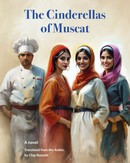




























































































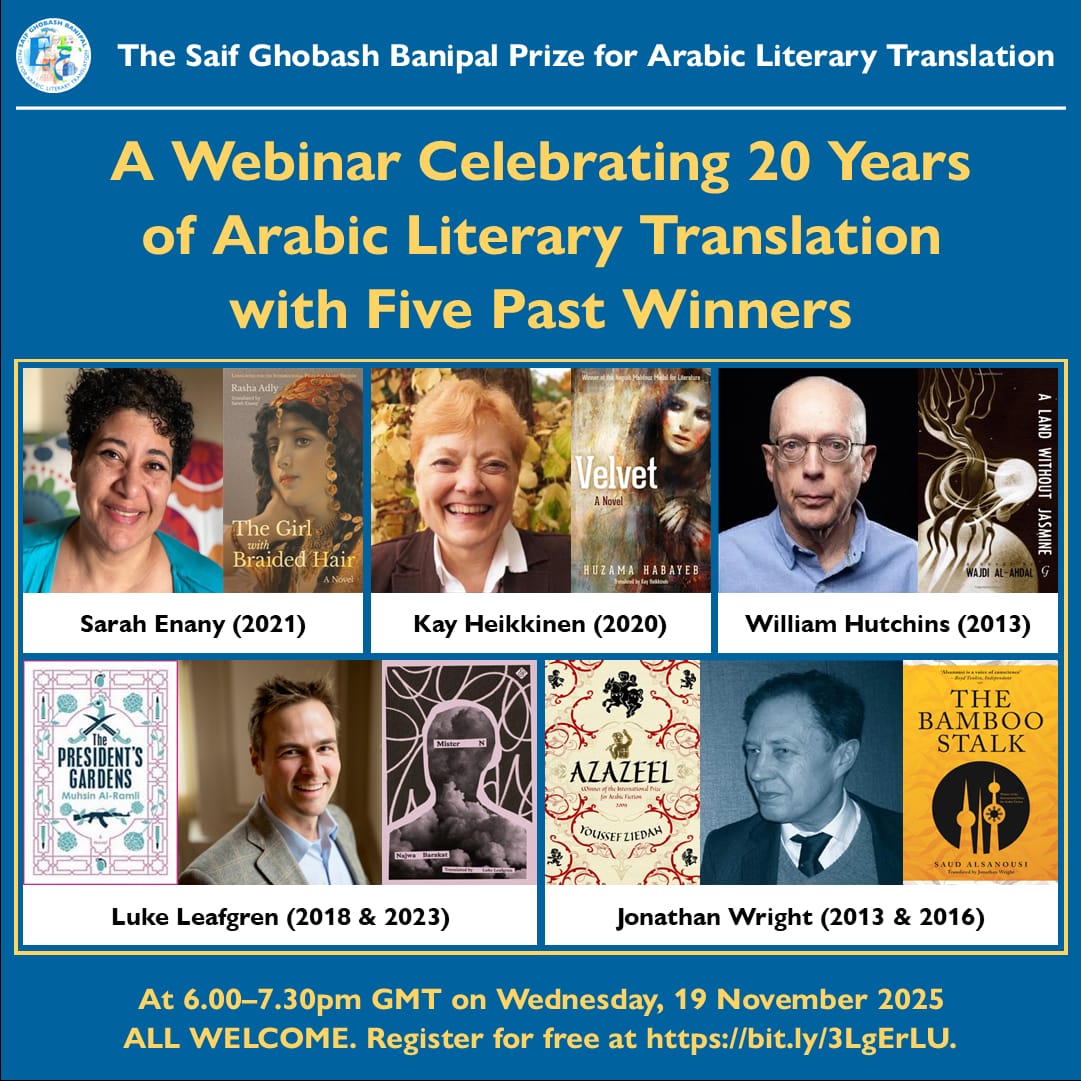

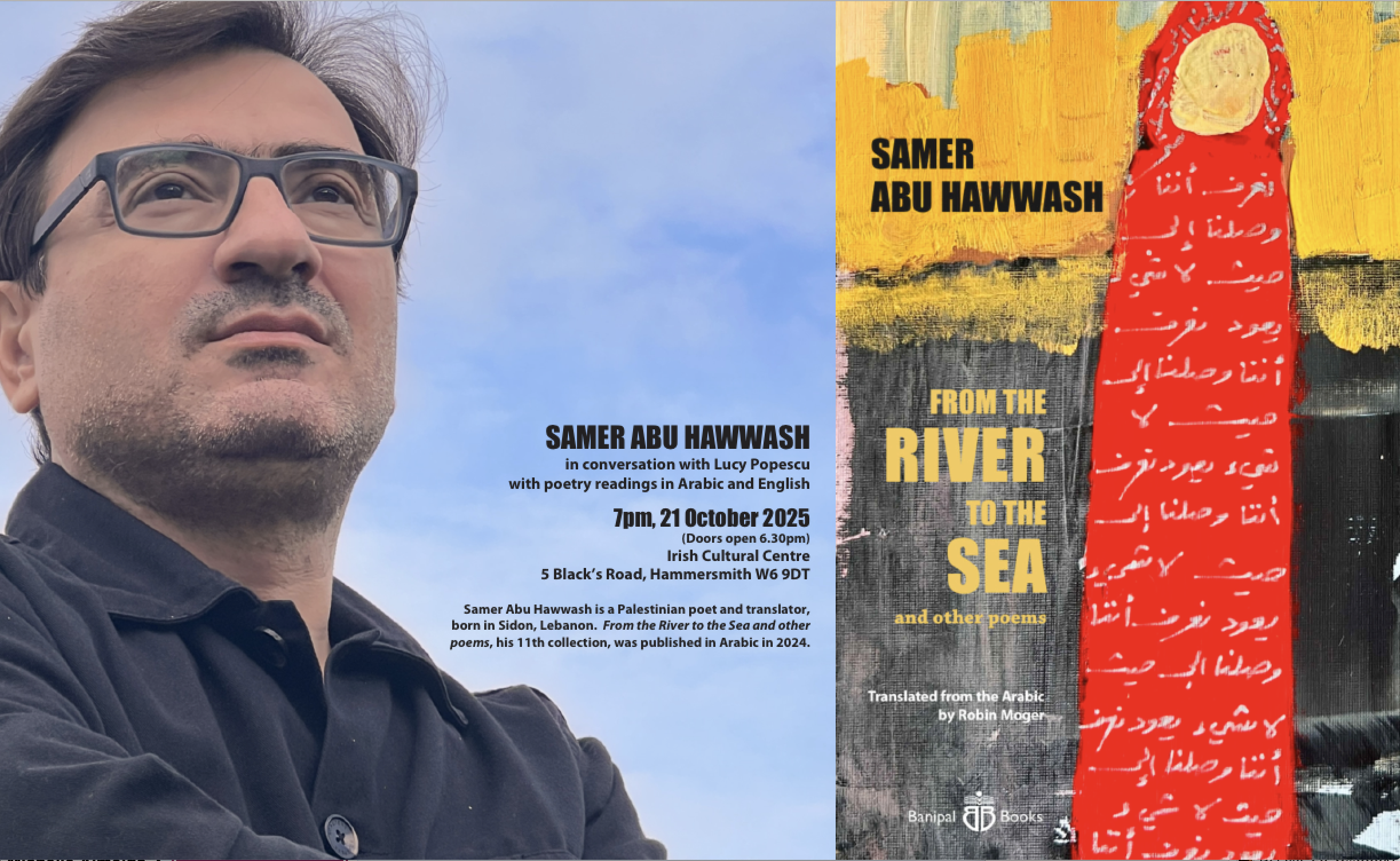
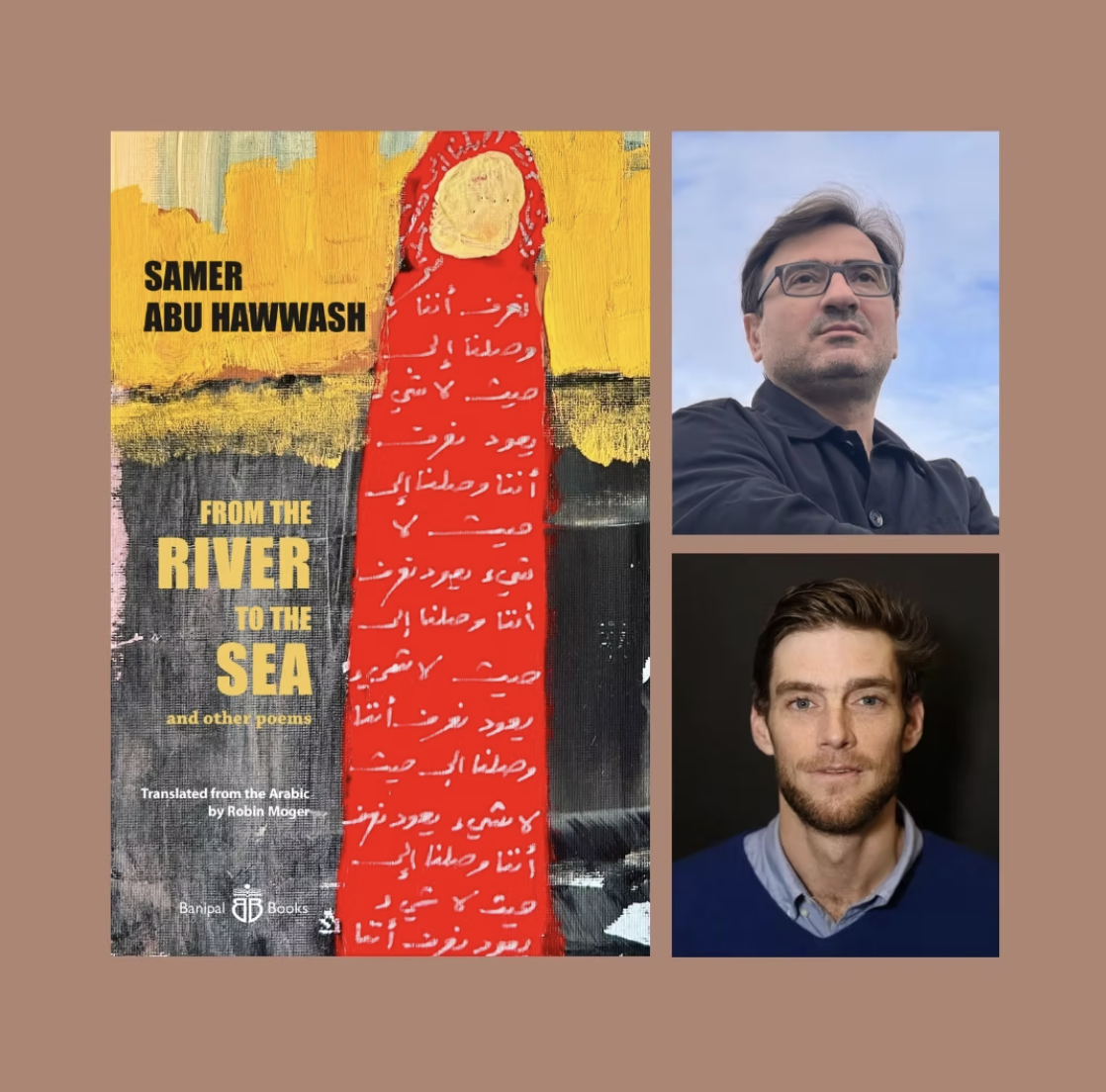
.png)
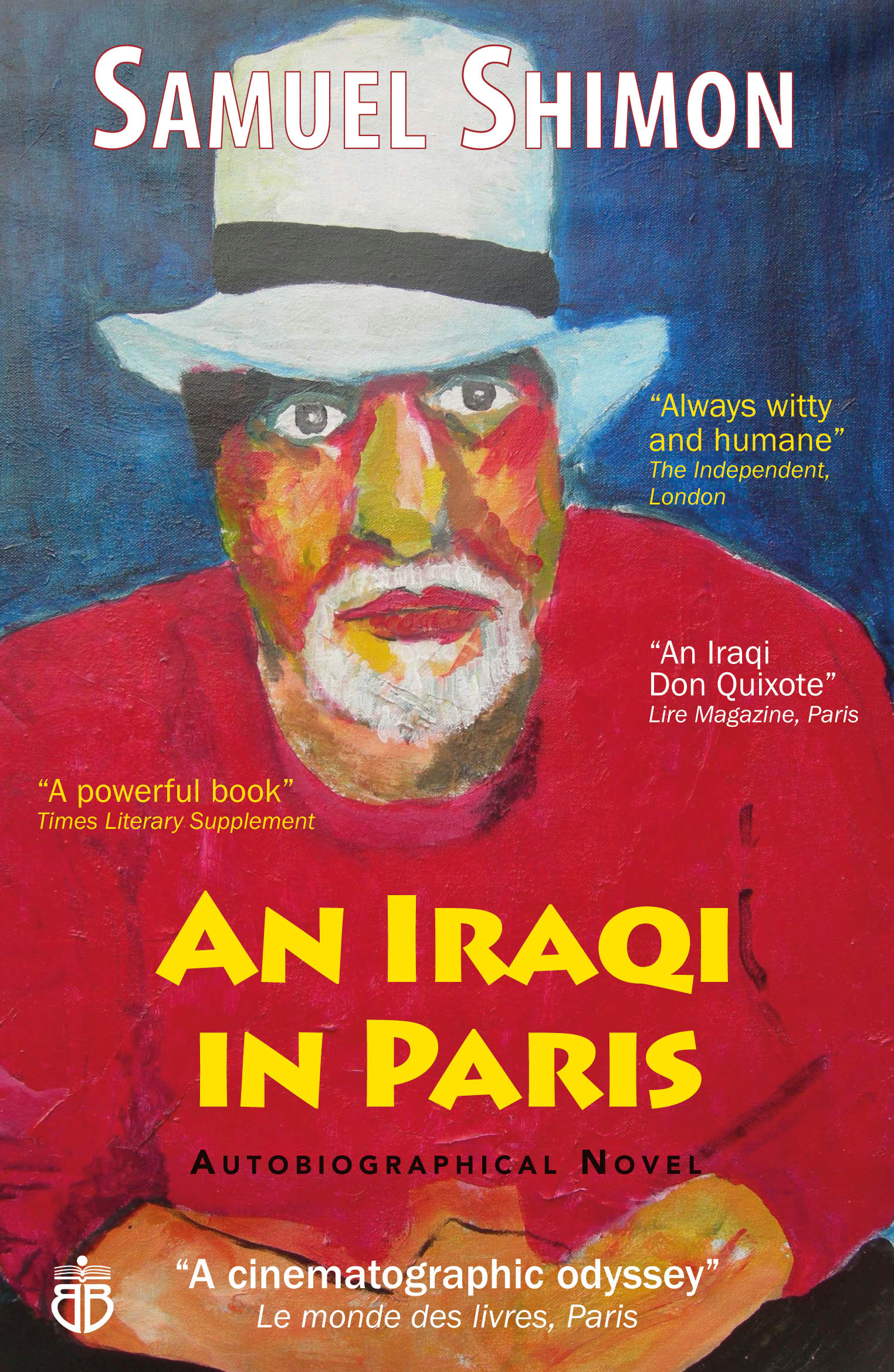

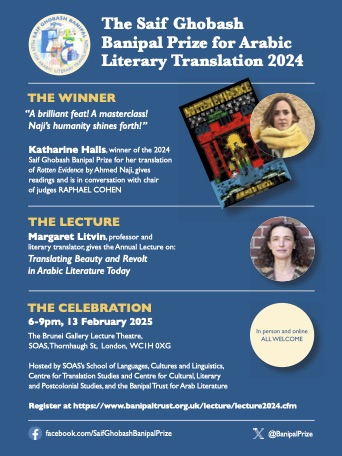

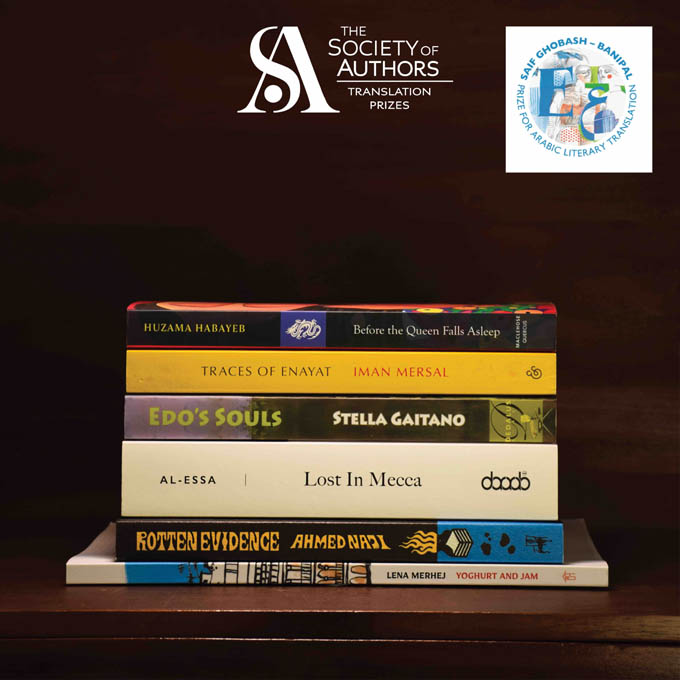

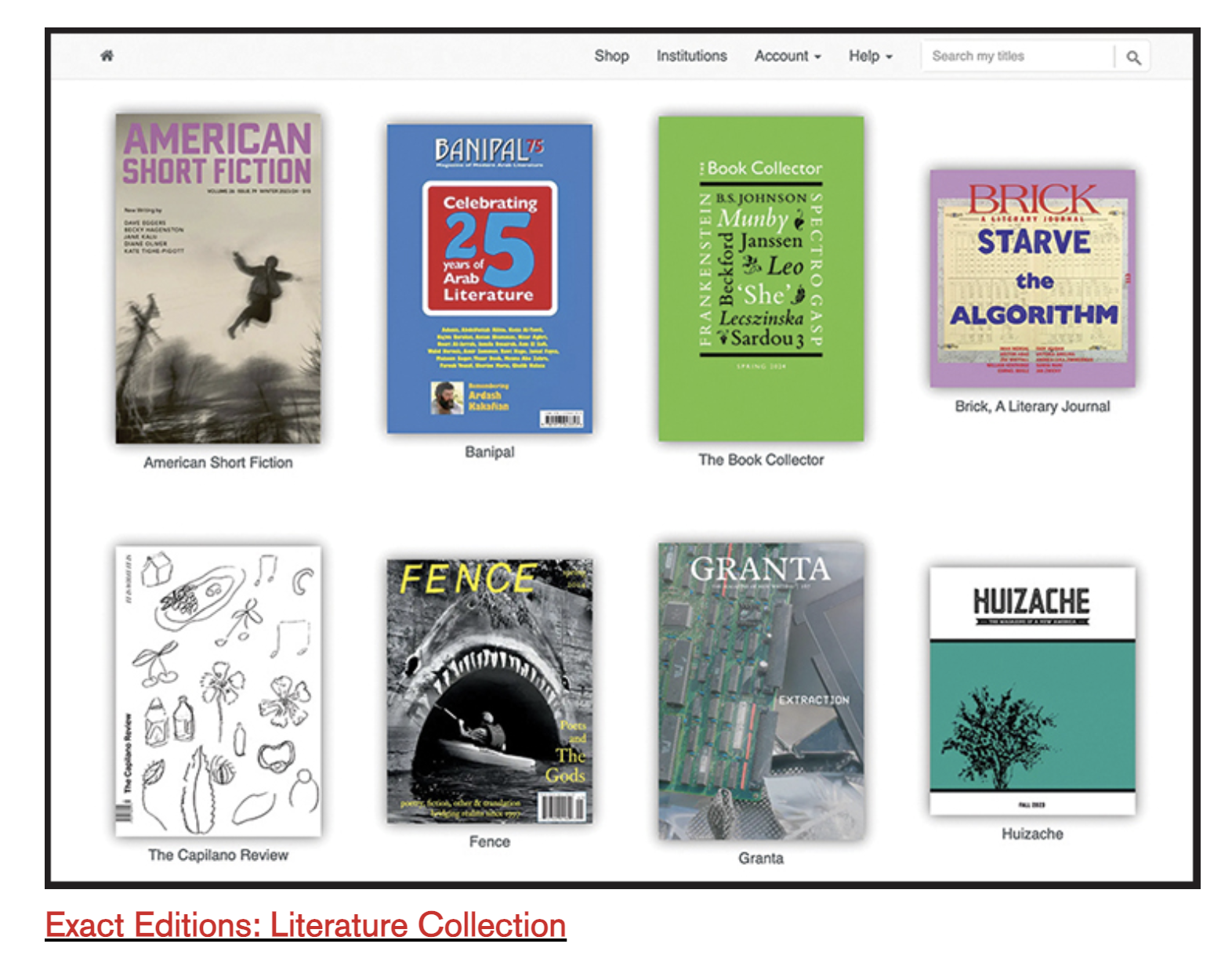
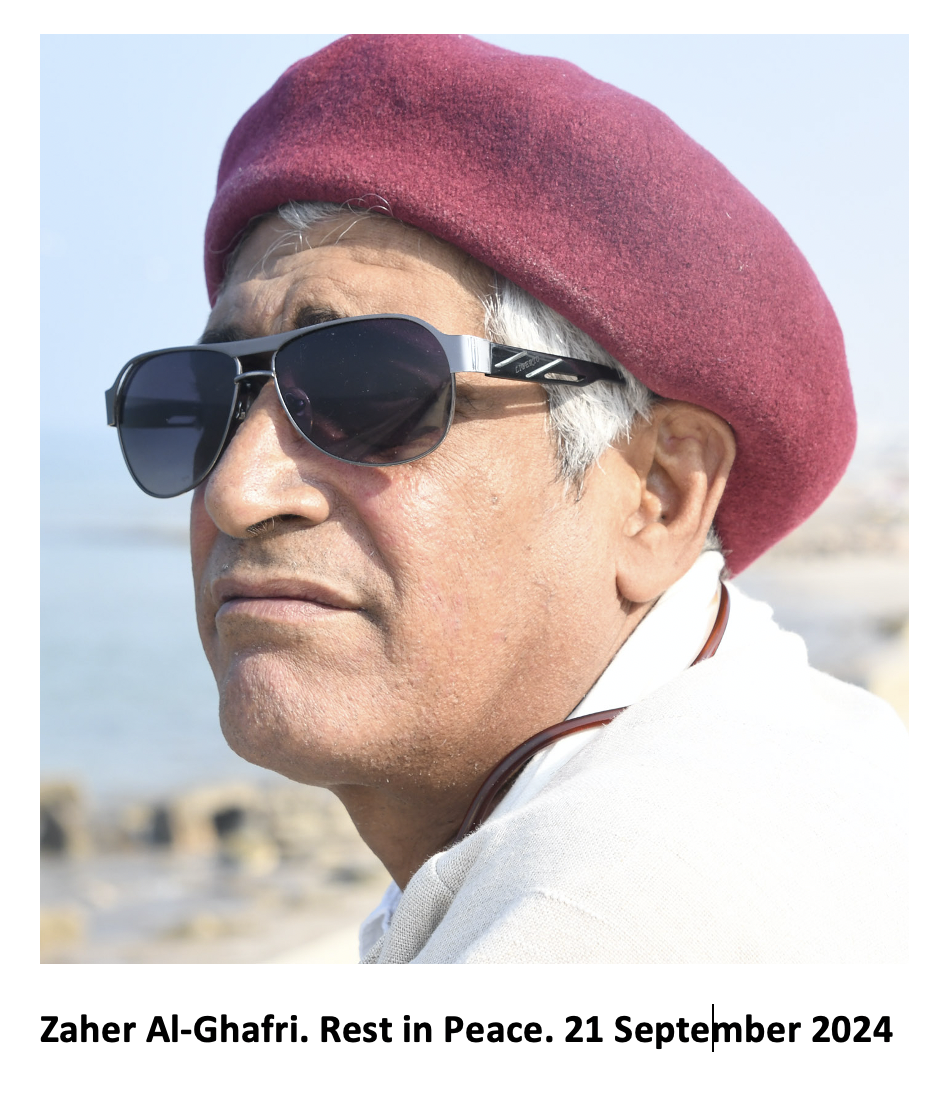
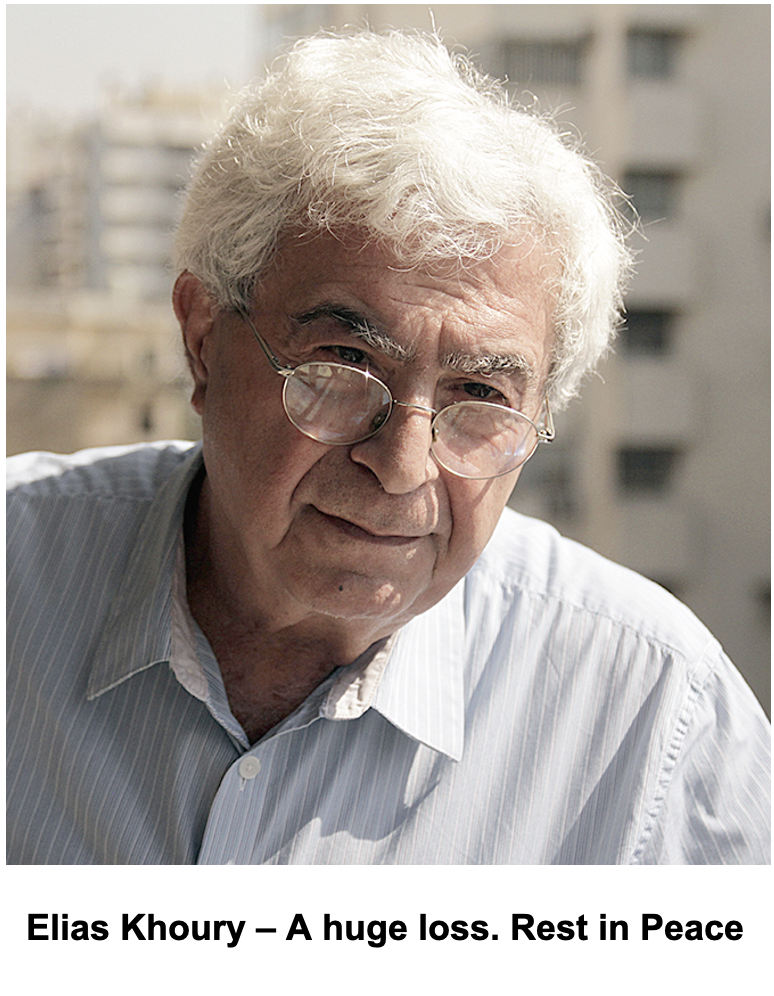
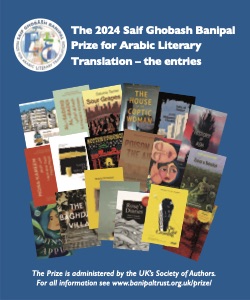
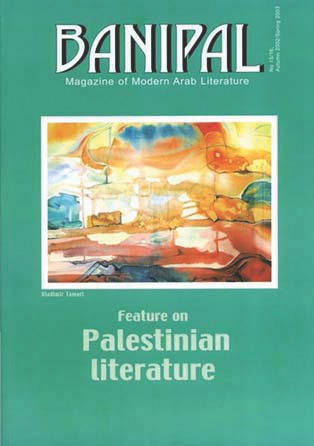
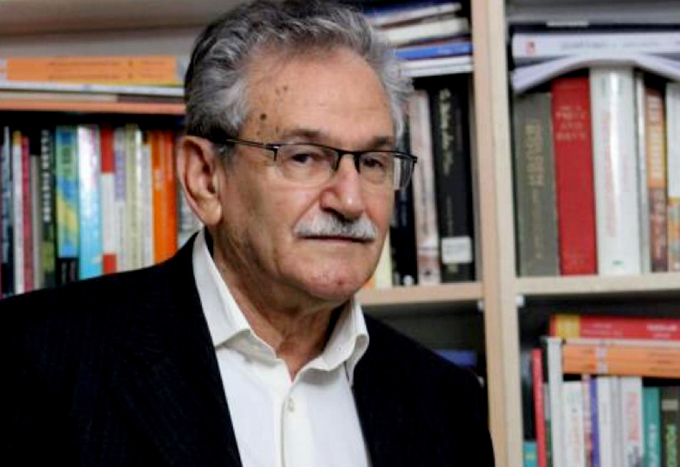
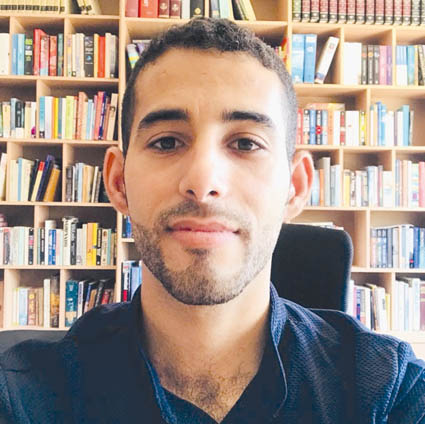
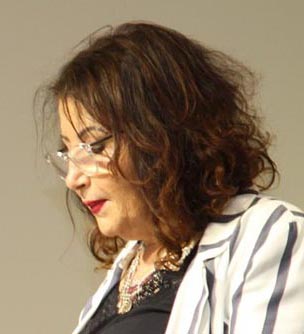

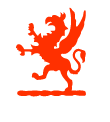 GRIFFIN PRIZE SHORTLIST 2023
GRIFFIN PRIZE SHORTLIST 2023

 Banipal's first audiobook
Banipal's first audiobook

